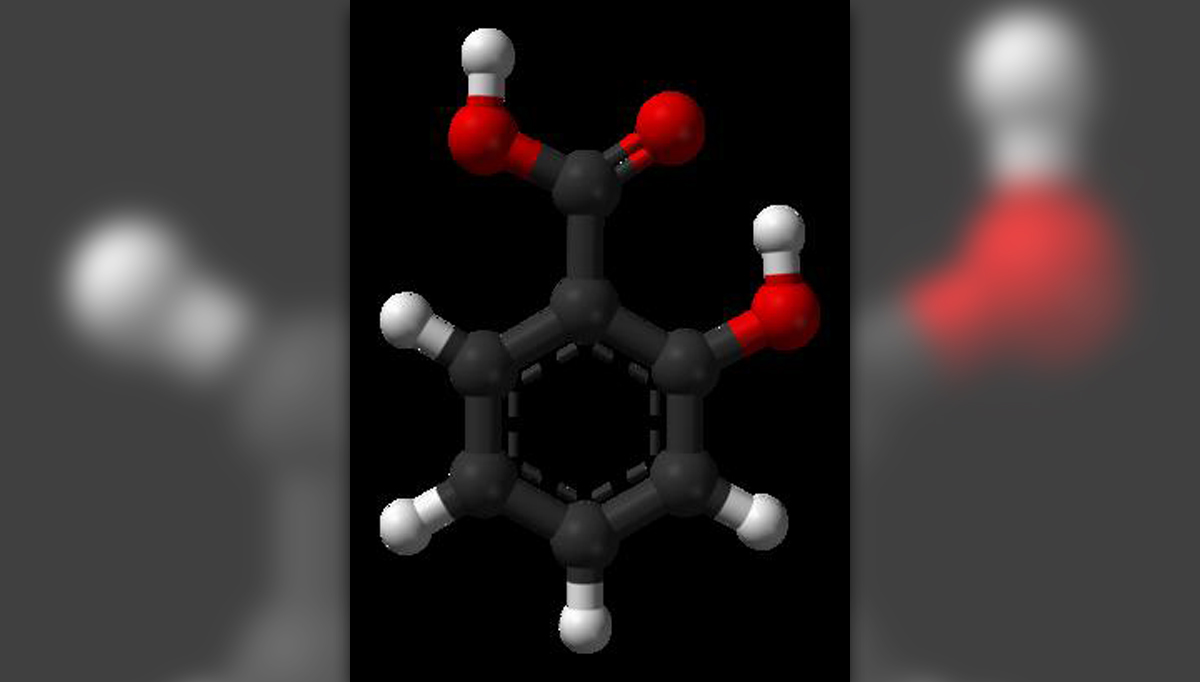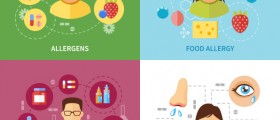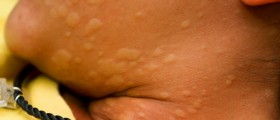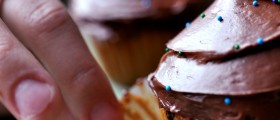
What are Salicylates?
Salicylate is a derivative of salicylic acid which occursnaturally in various different types of plants and serves as a natural type ofimmune hormone and preservative so it is very efficient in protecting theplants from various different types of harmful bacteria, fungi, insects and diseases.Salicylates are commonly featured as important ingredients in variouspreservatives, perfumes and medicaments. They can also be associated with avast array of different sorts of health problems, especially when consumed inlarge doses. There are people who are salicylate intolerant and they areaffected by various adverse reactions even when they consume significantlysmall doses of salicylate. Salicylate intolerance can be divided into twoforms. It may be a drug intolerance or a food intolerance, depending on whetherthe problematic salicylate is a component of medicine or food. Some considerthis sensitivity as an allergic reaction, but that cannot be further away fromthe truth since it is basically a pharmacological reaction.
An Important Salicylate Drug is Aspirin
Aspirin is one of the most important drugs and itsefficiency relies largely on its salicylate content. Aspirin has a long historyand it was not until 1975 that the scientific world finally discovered thataspirin intolerance which occurs in some cases is not an allergic reaction buta pharmacological one.
Symptoms
Salicylate sensitivity manifests in different ways, anddifferent people may suffer from various types of symptoms. Not all symptomsmay affect all victims of salicylate sensitivity. The most common symptomsassociated with salicylate sensitivity include pseudoanaphylaxis, depression,poor concentration, memory loss, hyperactivity, nausea, diarrhea, nasal polyps,sinusitis, burning eyes, puffy eyes, itchy eyes, sore eyes, fatigue, skindiscoloration, changes in the skin color, persistent cough, urgency to passurine, bed wetting, swelling of the lips, swelling of the face, swelling of theeyelids, swelling of the feet, swelling of the hands, headaches, angioedema,different sorts of breathing difficulties, astha, upset stomach, painfulsensations in the stomach, rashes, hives and itchiness of the skin.
Diagnosis and Treatment Options
Salicylate sensitivity cannot be tested by any known skintesting or laboratory methods. A reliable diagnosis of this medical type ofproblem is very hard, and the provocative challenge is one of the few methodsof diagnosis which can be used. It utilizes a certain type of controlledreaction so that the diagnoses could be confirmed. The patient needs to begiven incrementally higher dosage of salicylate, usually in the form ofaspirin. This process is under strict medical supervision. Salicylate cannot beeliminated from the diet and the environment completely. One needs to try outfollowing a salicylate free diet, which can be rather hard to do, as there areso many food items which contain it. Diets which are involved in asignificantly reduced amount of salicylate can be of great help when it comesto eliminating bed wetting, hyperactivity and various other symptoms commonlyassociated with salicylate sensitivity. Desensitization on a regular dailybasis may also be of great help in gradually dealing with salicylatesensitivity. This involves regular consumption of salicylate in small doses.Montelukast can also be used as the treatment method in some cases.
Foods that Have no Salicylate Content are Limited
There are numerous different types of food which containsignificant amounts of salicylates and they need to be avoided by those whosuffer from salicylate sensitivity. This includes a large number of nuts andfruits such as tomatoes, raisins, grapes, pickles, cucumbers, gooseberries,strawberries, currants, fresh pineapple, raspberries, cherries, blueberries,prunes, plums, blackberries, radishes, peaches, apricots, eggplant, oranges,apples, peppers nectarines and almonds. Various types of food which containdifferent sorts of artificial flavors and artificial colors usually containsignificant amounts of salicylates and need to be avoided completely by thosewho suffer from salicylate sensitivity. Other types of food which also need tobe avoided as much as possible include Aloe Vera, hot dogs, lunch meat, cloverhoney, molasses, Oil of wintergreen, chewing gums, candies, Chinese five spice,rosemary, paprika, ginger, curry, cloves, cayenne, chili powder, jelly,peanuts, peanut butters, various different types of bakery goods, numerousdifferent sorts of dietary supplements, wine vinegar, balsamic vinegar, cidervinegar and margarine. There are also certain kinds of beverage that need to beavoided for quite some time, and those include coffee, diet drinks, all sortsof tea, wine, beer, soda and all kinds of distilled drinks. On the other hand,there are also certain food items which are completely safe to eat by those whosuffer from salicylate sensitivity. Thosefoods include items such as corn chips, popcorn, natural potato chips,pretzels, all white types of cheeses, butter cream cheese, cottage cheese,plain yogurt, vanilla, cream, milk, all sorts of unprocessed meat and fish,spelt, buck wheat, millet, oats, wheat, maple syrup, granulated sugar,sunflower seeds, walnuts, pecans, poppy seeds, hazelnuts, brazil nuts, cashews,pineapple, grapefruit, cantaloupe, banana, avocado, watermelon, papaya, limes,lemons, kumquat, kiwi, honeydew, figs, Crenshaw melon, coconut, melon, casaba,rhubarb, pears, passion fruit and mango.

















Your thoughts on this
Loading...